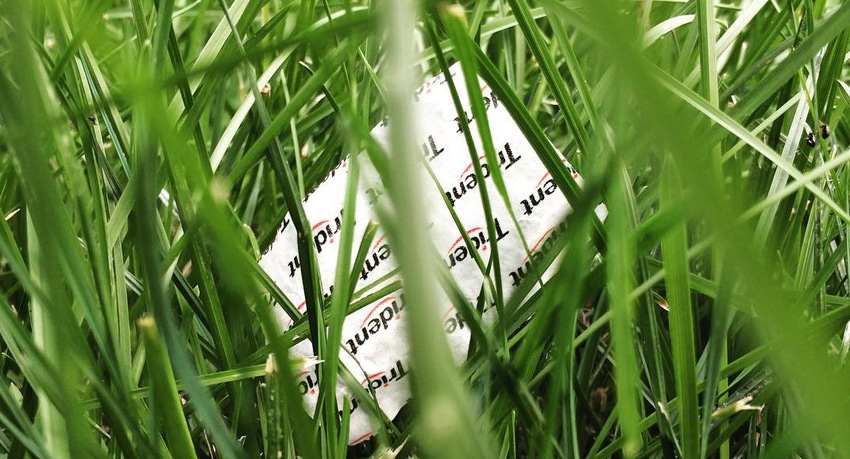
Imagine that you are the Chief Marketing Officer at a global consumer packaged goods corporation. You are responsible for maintaining the brand equity, and work to position your brand as a responsible steward of the planet. Yet, your product packaging continues to make its way into the natural environment, becoming branded litter. Consumers see your discarded packaging on their streets, their sidewalks, and point fingers at you, the brand, for failing to do its due diligence by the environment.
What if you understood exactly where, and what type, your branded litter was? How would you use that data to make a difference? Litterati founder/CEO Jeff Kirschner will answer these questions and more during his keynote address at the upcoming sustainable packaging conference SPC Impact (Apr. 24-26; San Francisco, CA), organized by the Sustainable Packaging Coalition.
Litterati is an application that encourages users to pick up and dispose of litter, but not before photographing and uploading it to the digital landfill, where it is time-stamped and geo-tagged. By noting the brand via hash tag, users are creating the largest database of branded debris on the planet; and, a cleaner world, one piece of litter at a time.
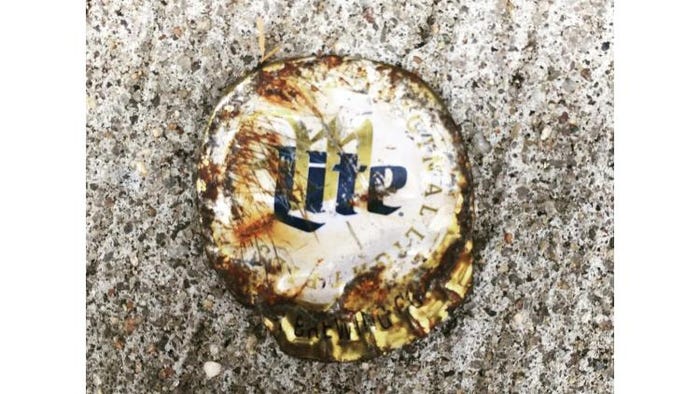
Litterati began as a single photograph of a cigarette butt on Instagram, after Kirschner’s daughter inquired about the garbage while hiking together. “Artistic and approachable,” the photograph served as a record of the litter’s impact on the planet: who picked it up, where and when.
Kirschner continued Instagraming photos of litter with #Litterati, telling his close network to do the same. Then something magical happened. Kirschner began to notice other users, who he didn’t know, uploading photos of litter #Litterati. Suddenly his efforts to clean up debris were becoming more than just pretty pictures; they were becoming a movement, powered by a global community of data collectors.
Today Litterati is a stand-alone application with about 70,000 users. From exemplary citizens dedicated to making the world a better place to data-enthusiasts thrilled by the opportunity to measure their impact on the environment, Litterati allows users to be a part of the solution. And while Litterati allows individuals to make a difference, it provokes communities to make an impact.
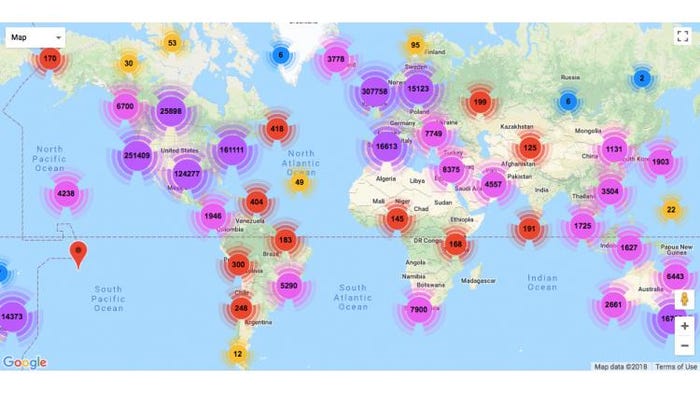
A #Litterati look at our world...
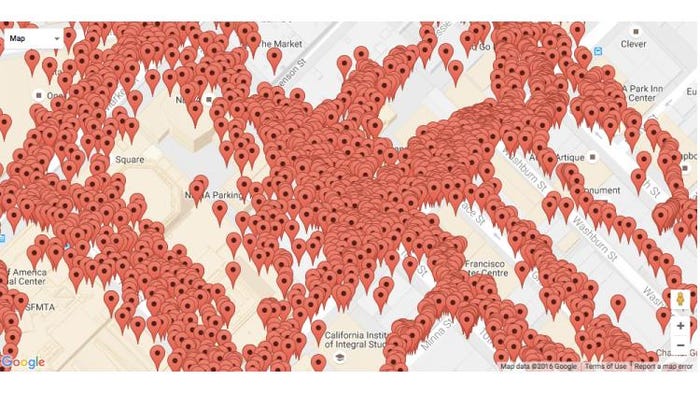
...with a close-up of a neighborhood in San Francisco, CA.
Such was realized by a community of 5th graders who were tasked with cleaning up their campus. What they found via Litterati was that one type of debris dominated the schoolyard: plastic straw wrappers. Armed with this insight, the students persuaded the administration to stop buying plastic straws, eliminating this potential environmental nuisance.
Kirschner explains the power of the collective impact: “When you can show somebody that by taking an action—that is, crowd-sourcing litter, it leads to insight (data) that drives change in behavior, that’s when the light bulb goes off. The 5th graders used Litterati to clean campus; the insight gleamed is the most common litter is straw wrappers; the action that it drives is the school stops buying straws. Here is what we did, the insight it provoked and the action it facilitated. Data is critical to creating change.”
For the audience of SPC Impact, Kirschner hopes to demonstrate that there is real value both from the economic and social perspective to understanding what’s mine on the ground and where it is. By creating a sense of shared responsibility for litter, Kirschner envisions a reality where one man’s trash is another man’s treasure.
He asks, “Can we imagine a world where those keeping the planet clean are rewarded by those who want to keep it clean?” The potential for incentivizing citizens to pick up litter, in exchange for a voucher from the city or a coupon from a brand, for instance, demonstrates the impact that Litterati’s crowd-sourced clean-up model could have. If information is power, then Litterati is the engine that drives groups—be they schools, brands, cities or non-governmental organizations (NGOs)—to make a difference.
You are the CMO of a global CPG company. You have the opportunity to work directly with your customers to keep your branded litter off the streets. Learn how to use Litterati to create brand ambassadors while contributing to a cleaner planet at SPC Impact in San Francisco, Apr. 24-26.
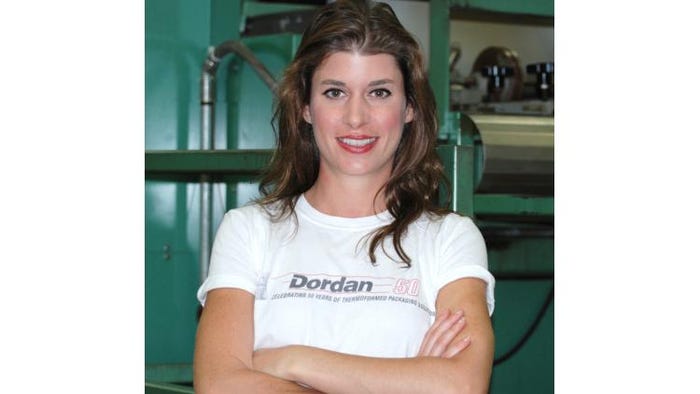
Chandler Slavin is the sustainability coordinator and marketing manager at custom thermoforming company Dordan Manufacturing. Privately held and family owned and operated since 1962, Dordan is an engineering-based designer and manufacturer of plastic clamshells, blisters, trays and thermoformed components. Follow Slavin on Twitter @DordanMfg.
***********************************************************************
Optimize your packaging operations. Advanced Design and Manufacturing (ADM) Expo in Cleveland returns Mar. 7-8, showcasing the latest in robotics, automation, plastics, packaging and design engineering. Find a solution for your project. Register today!
About the Author(s)
You May Also Like




